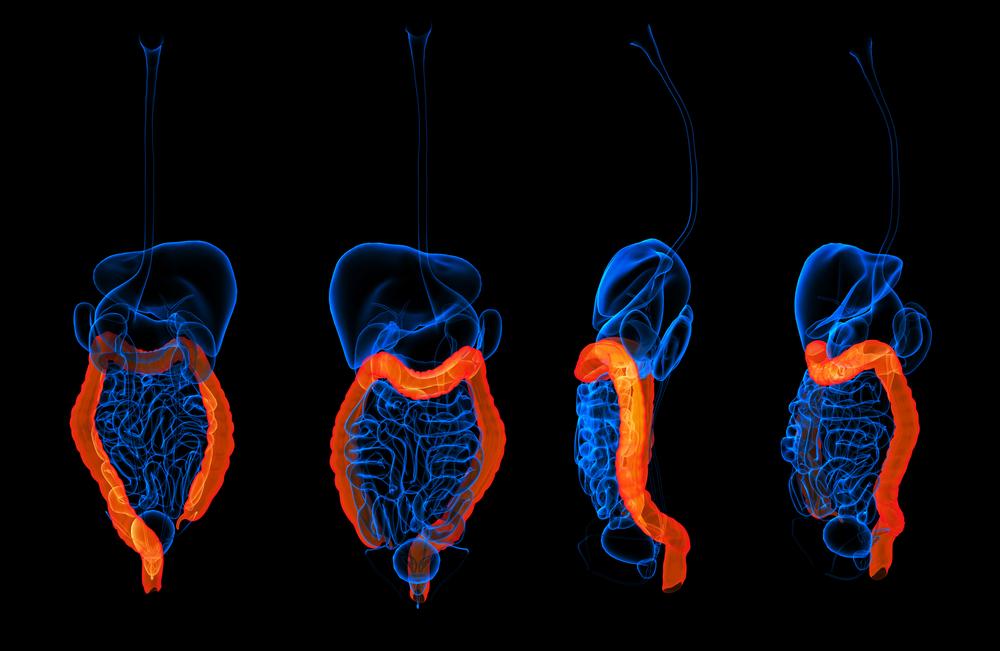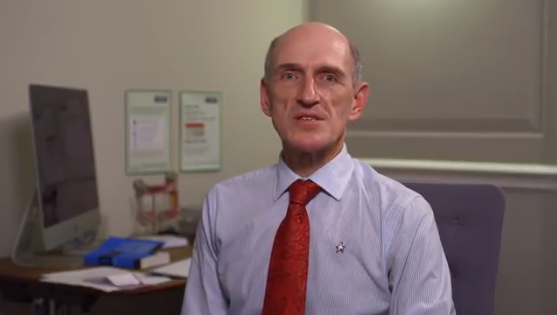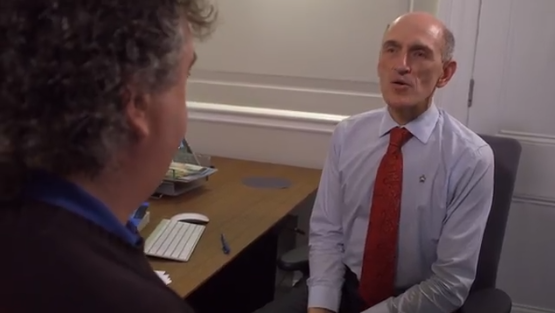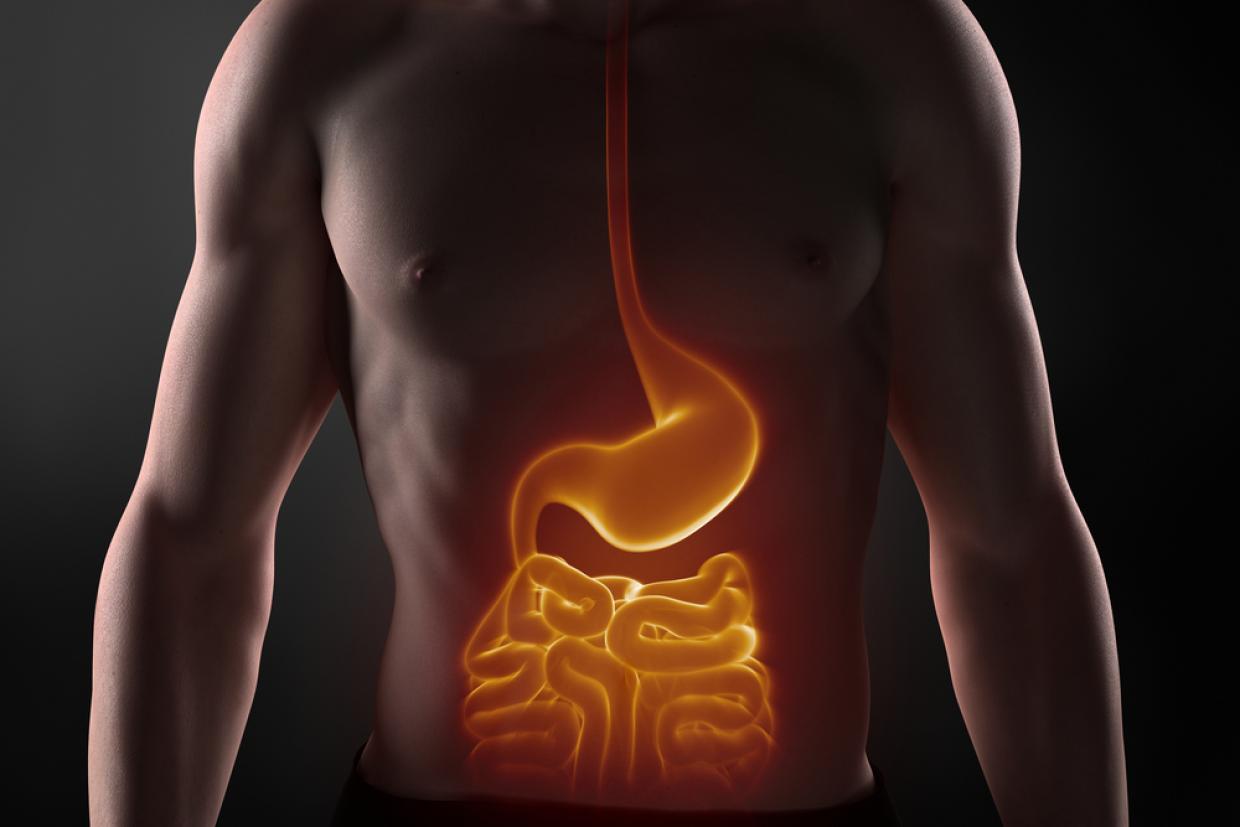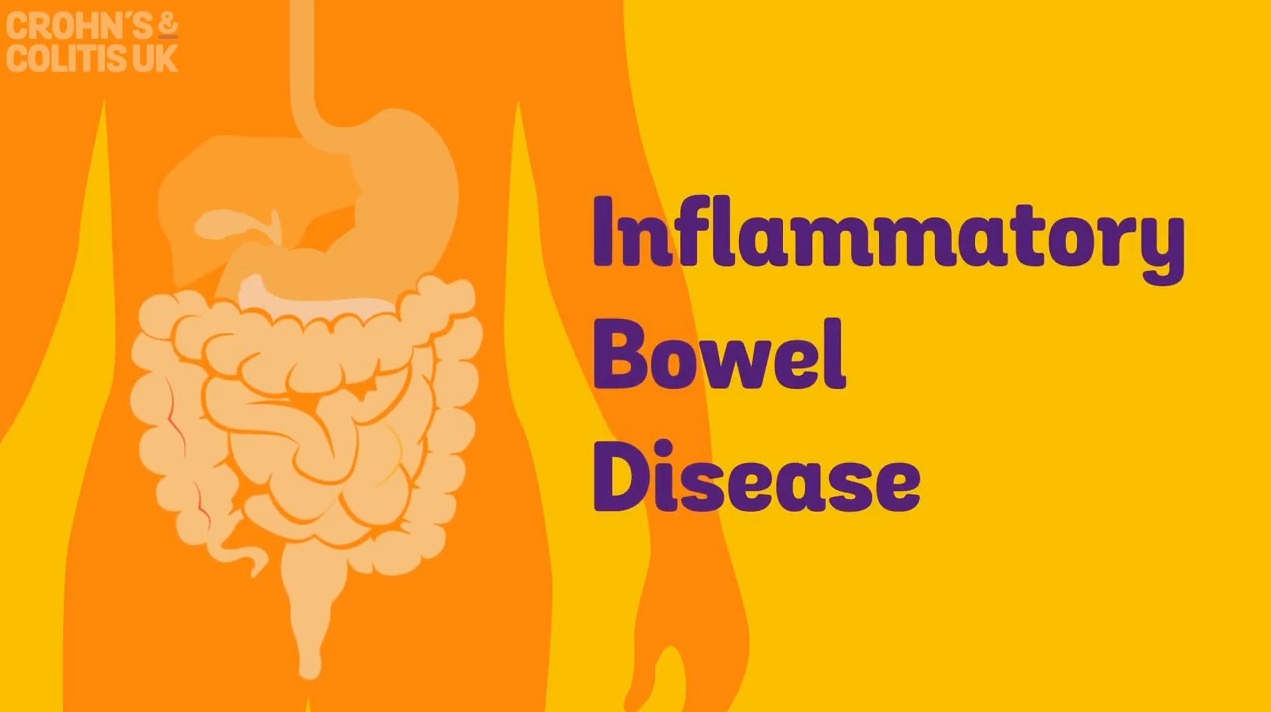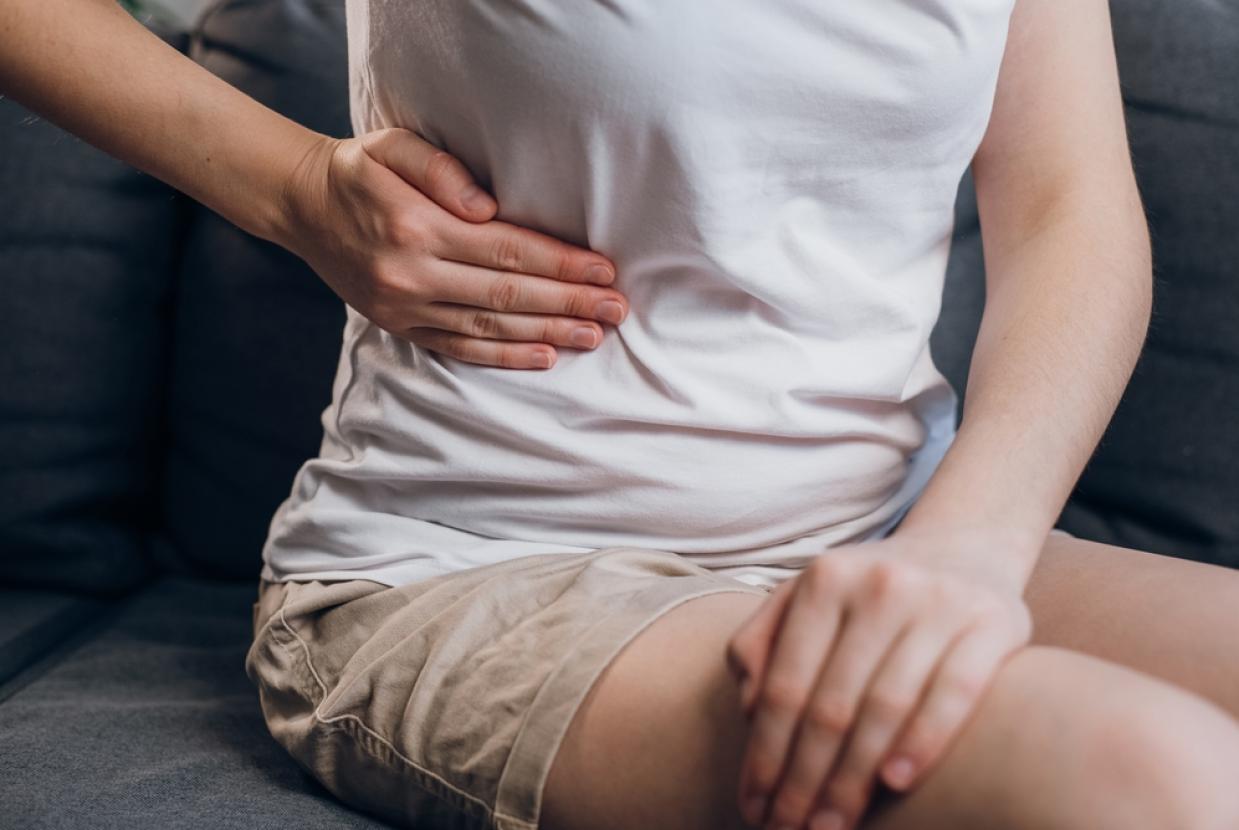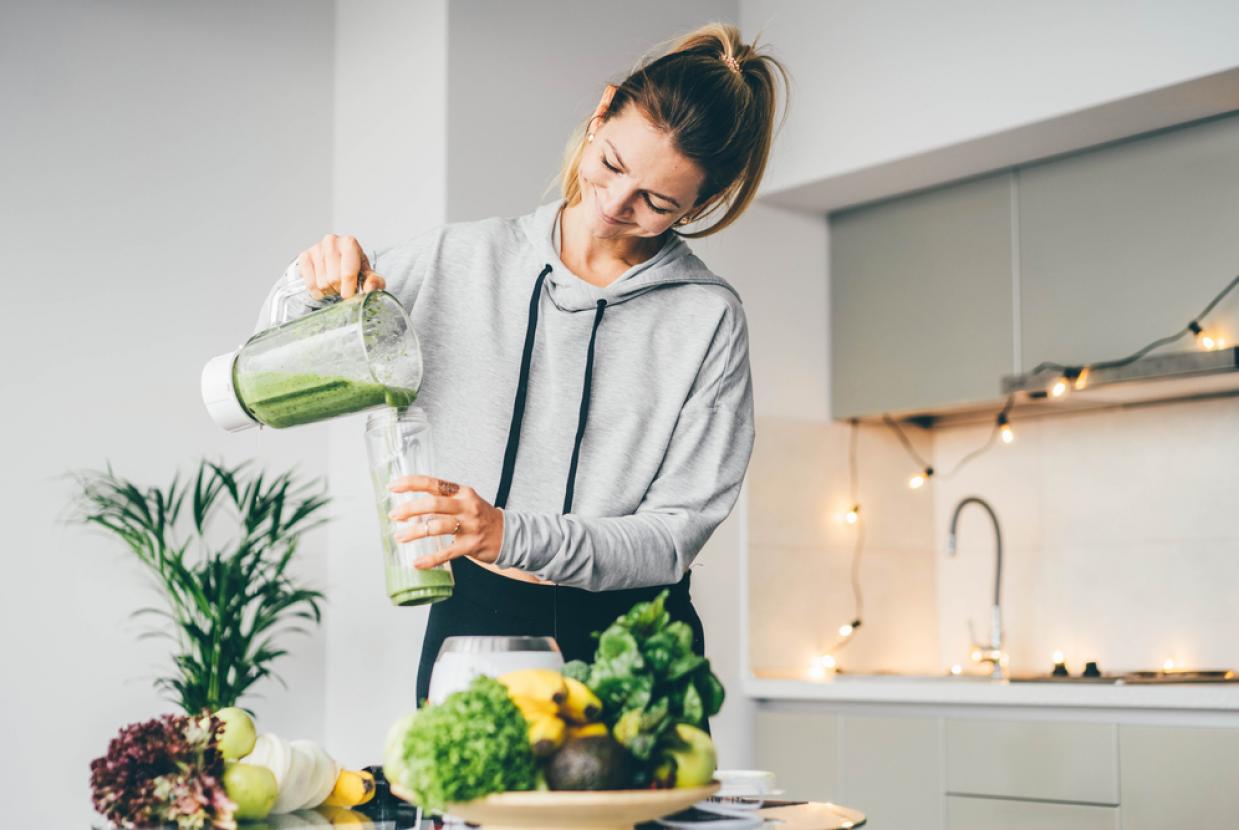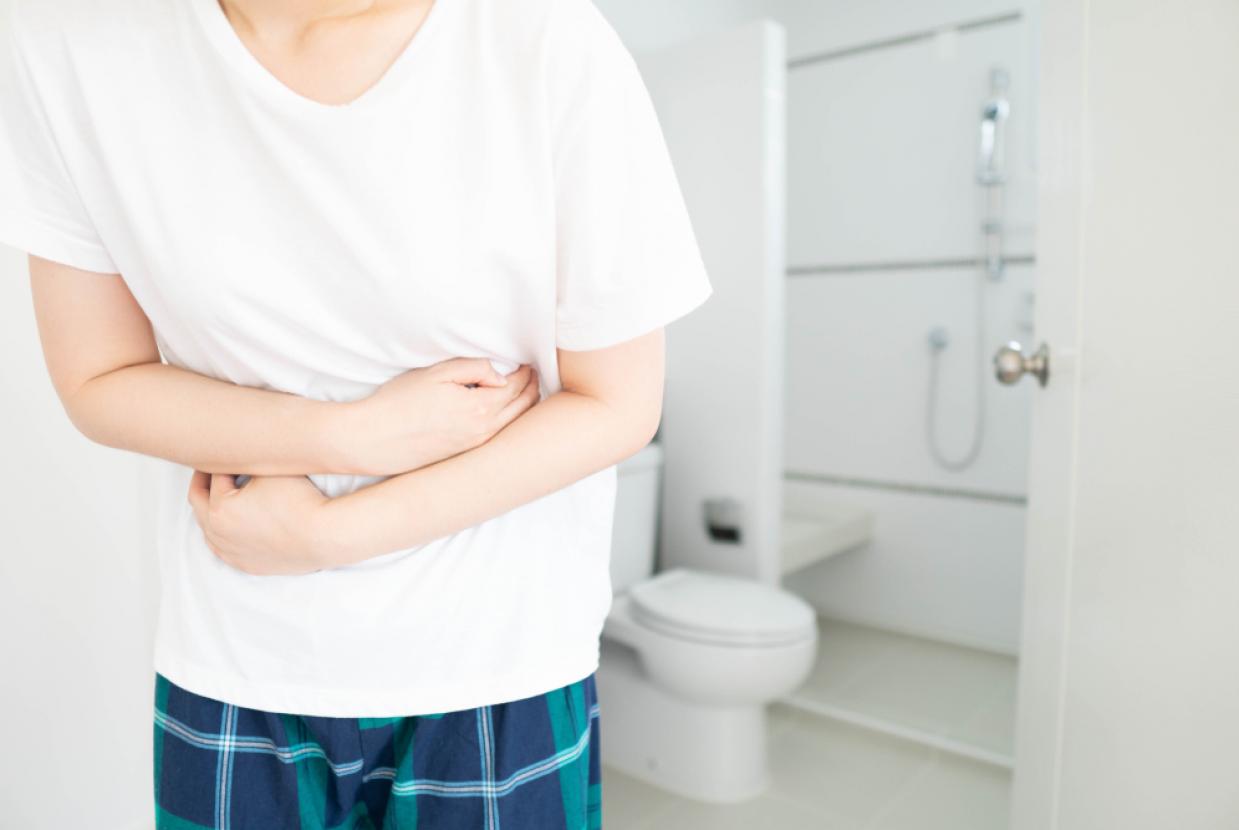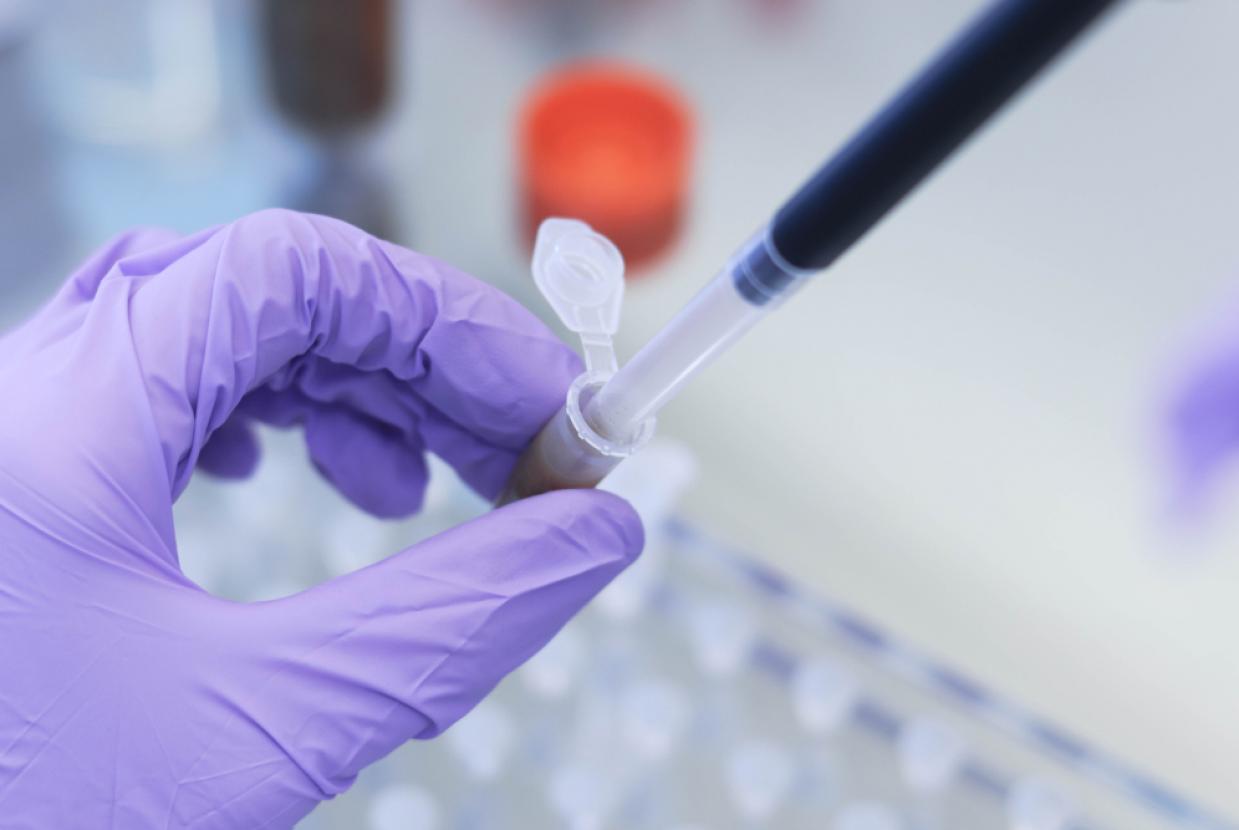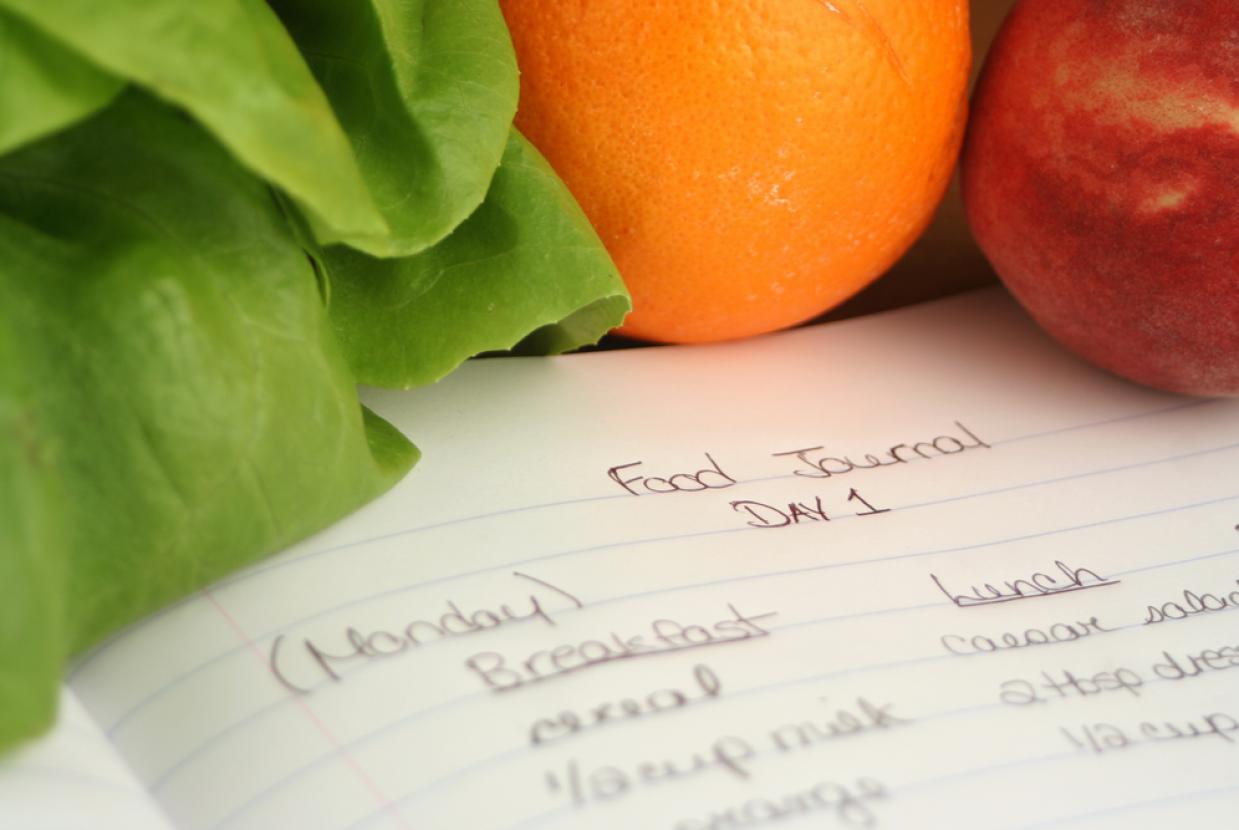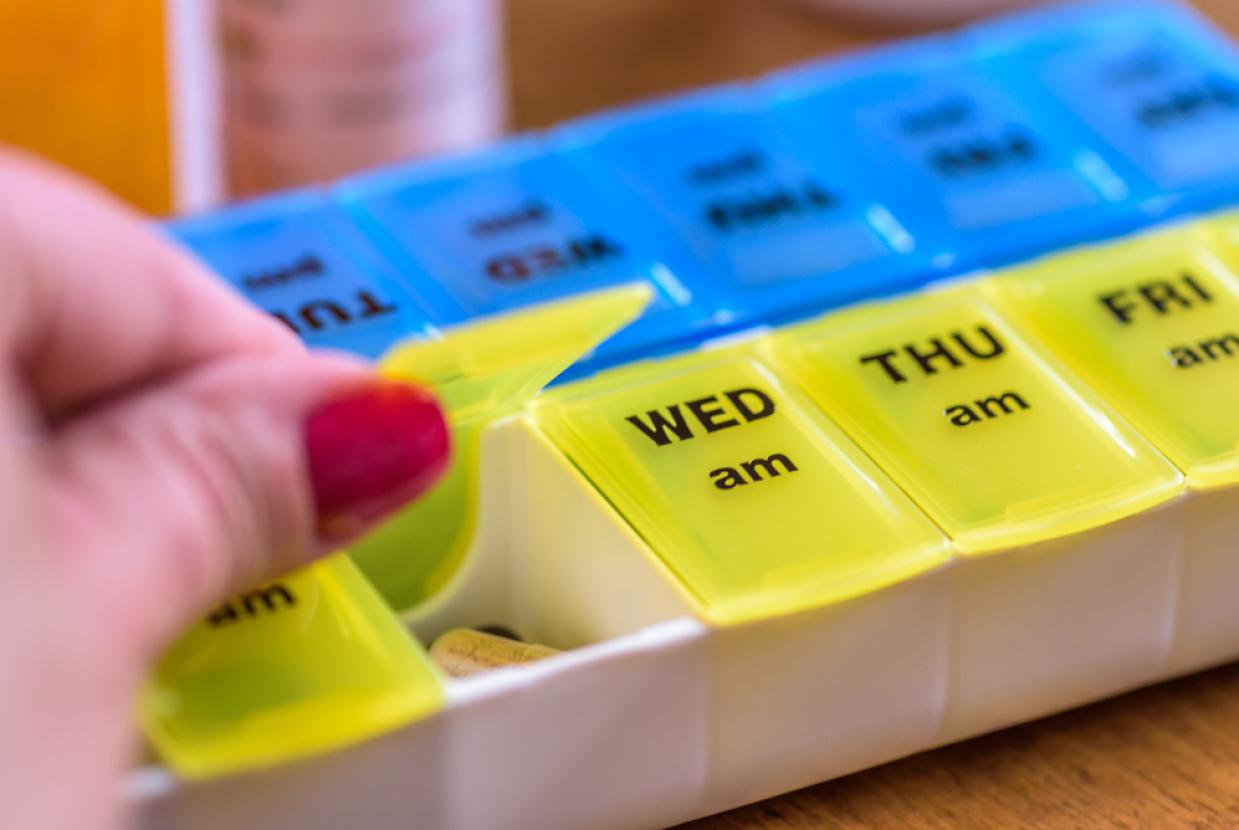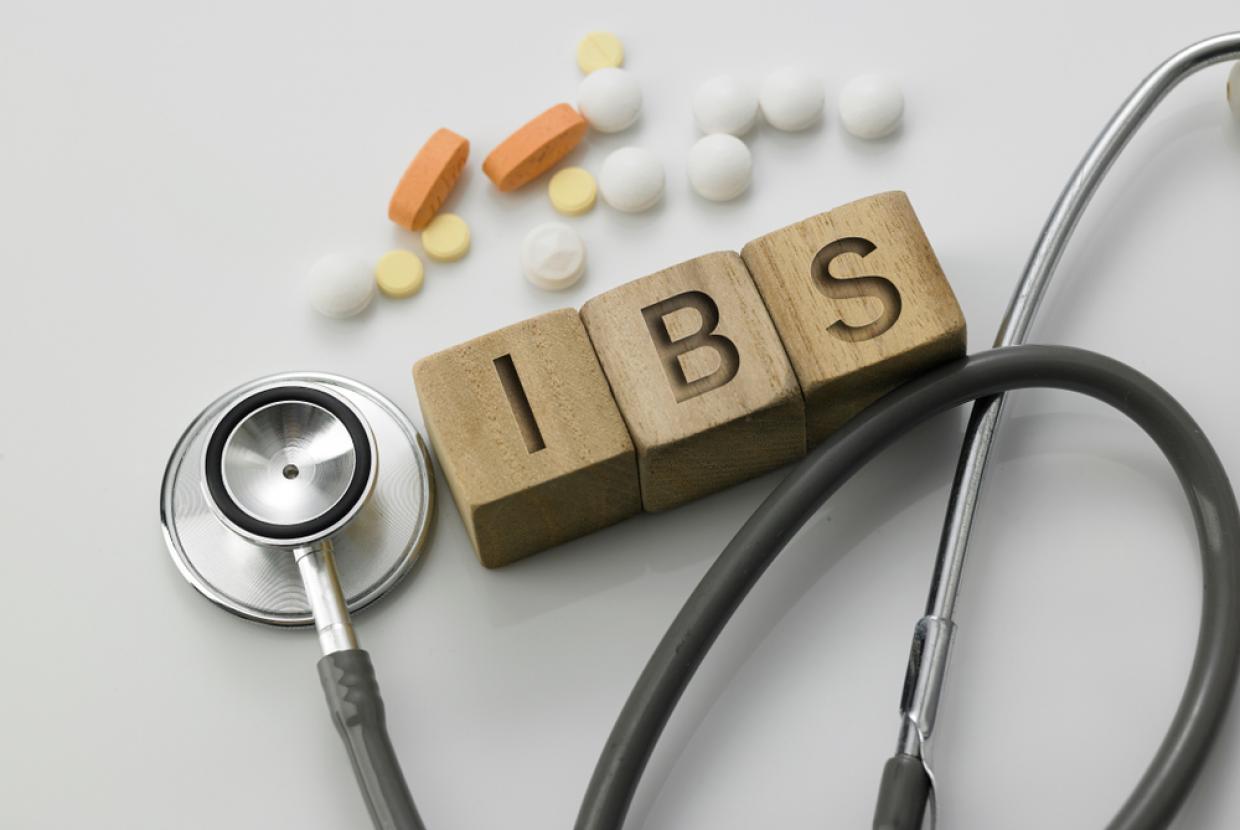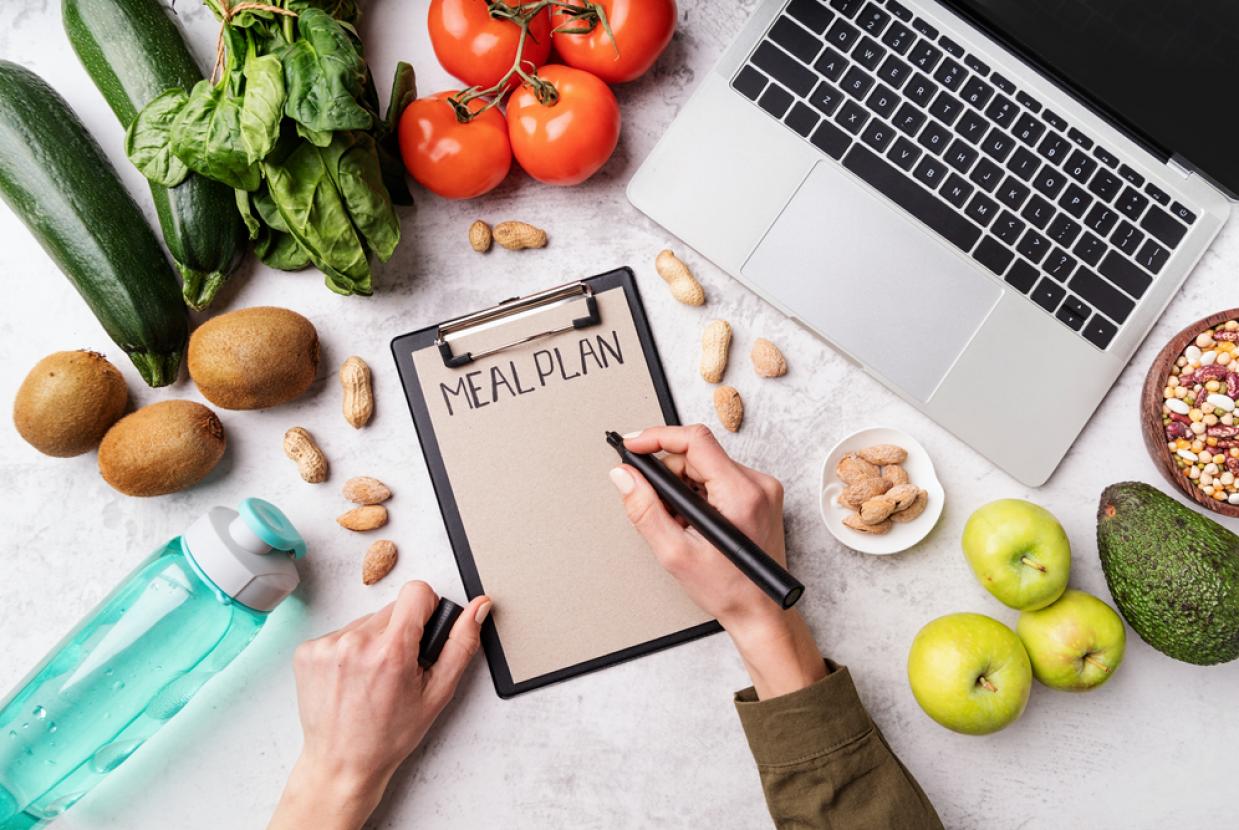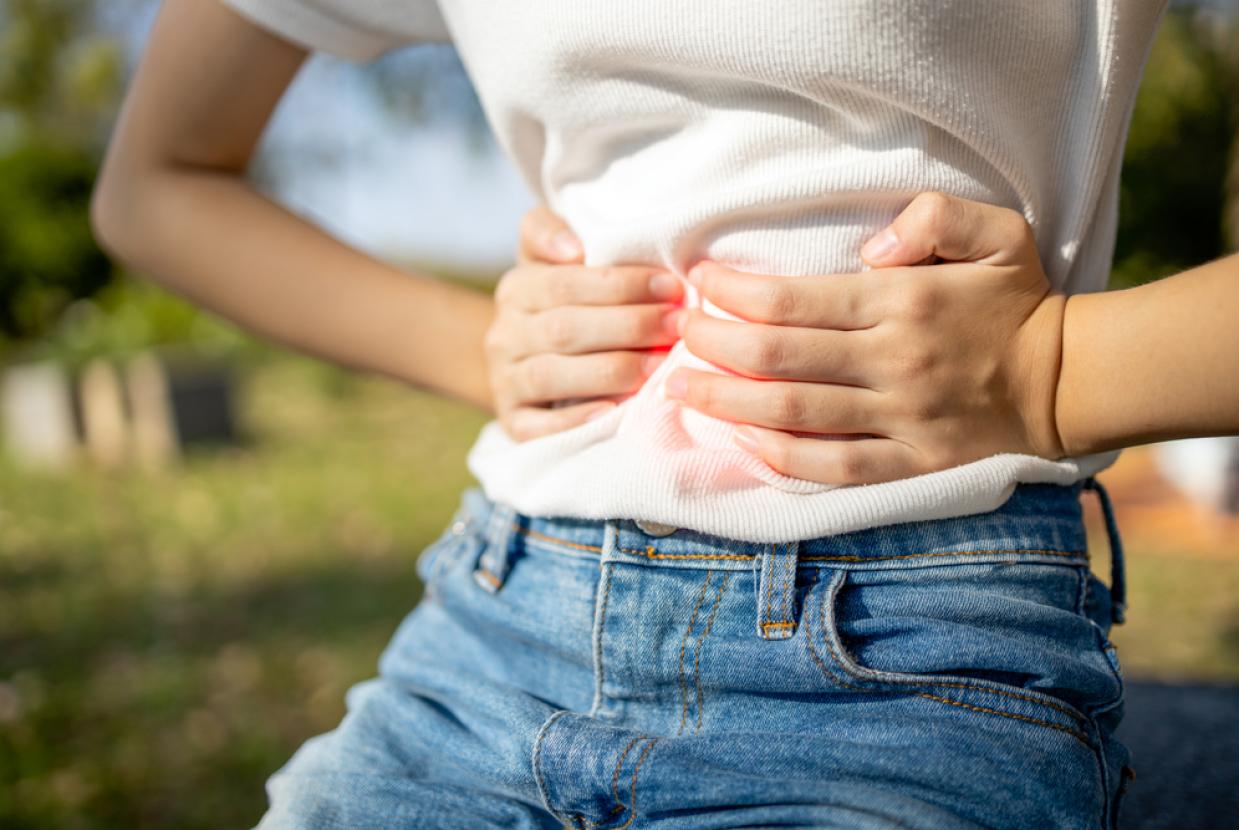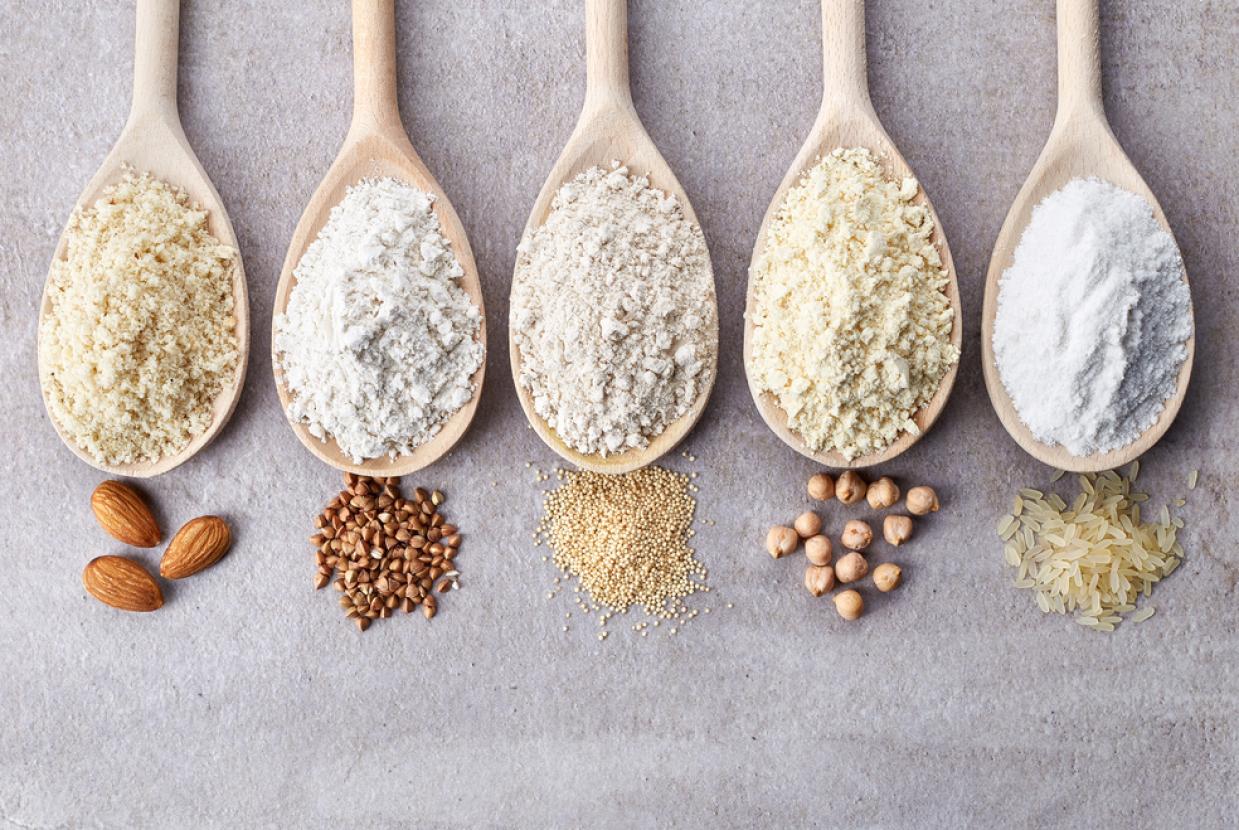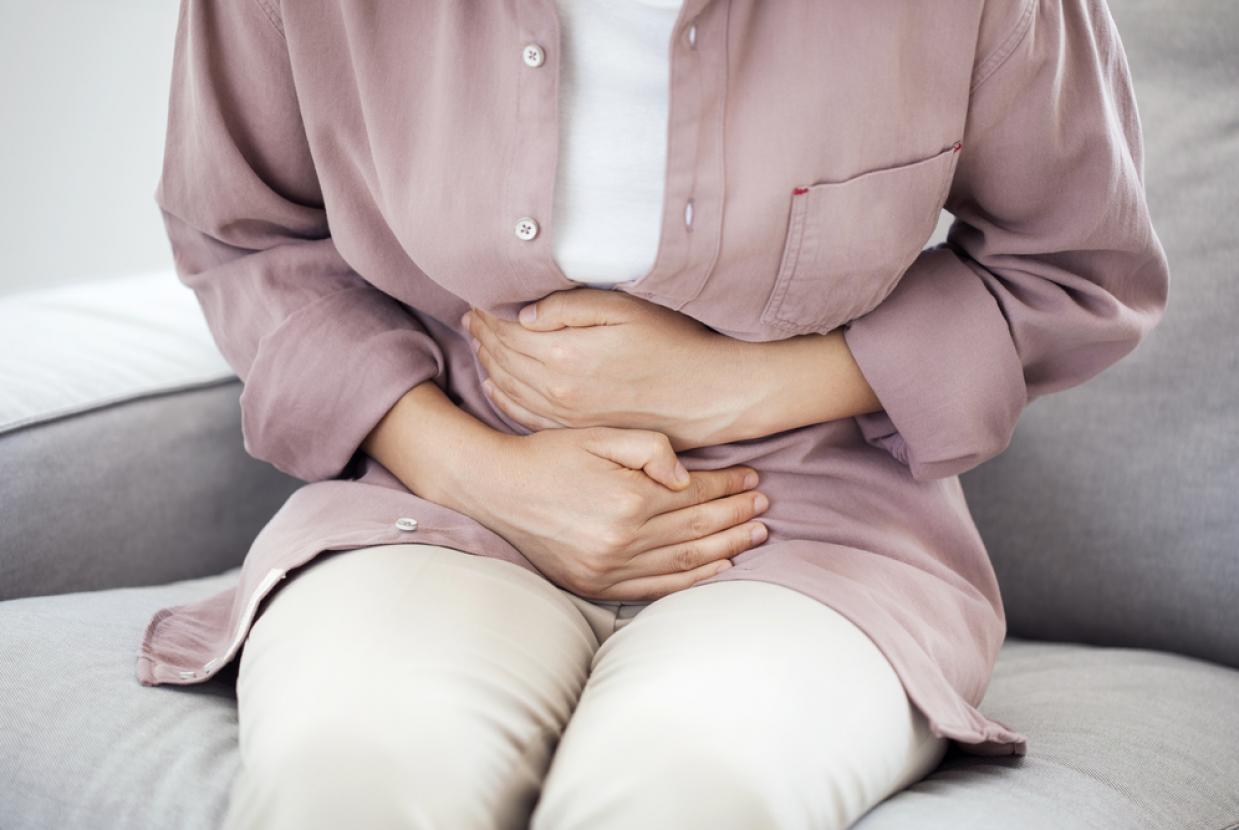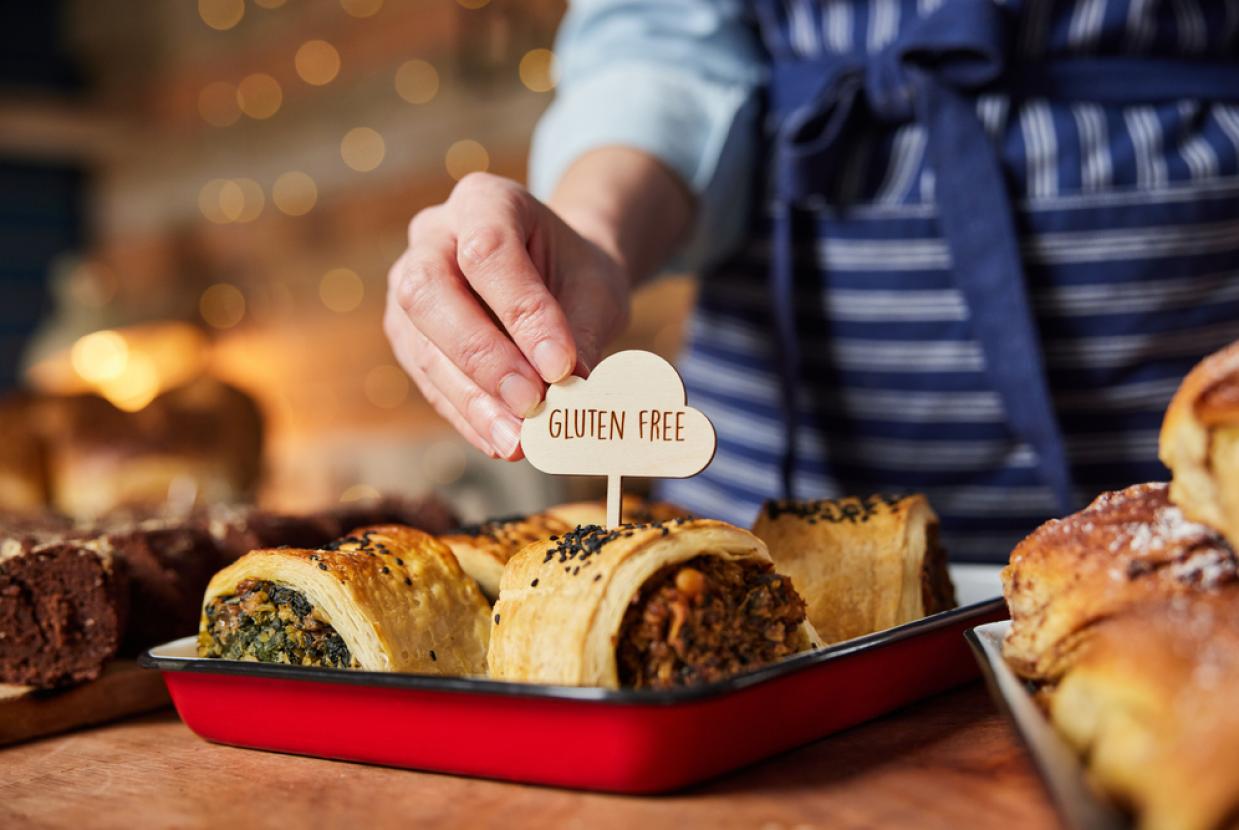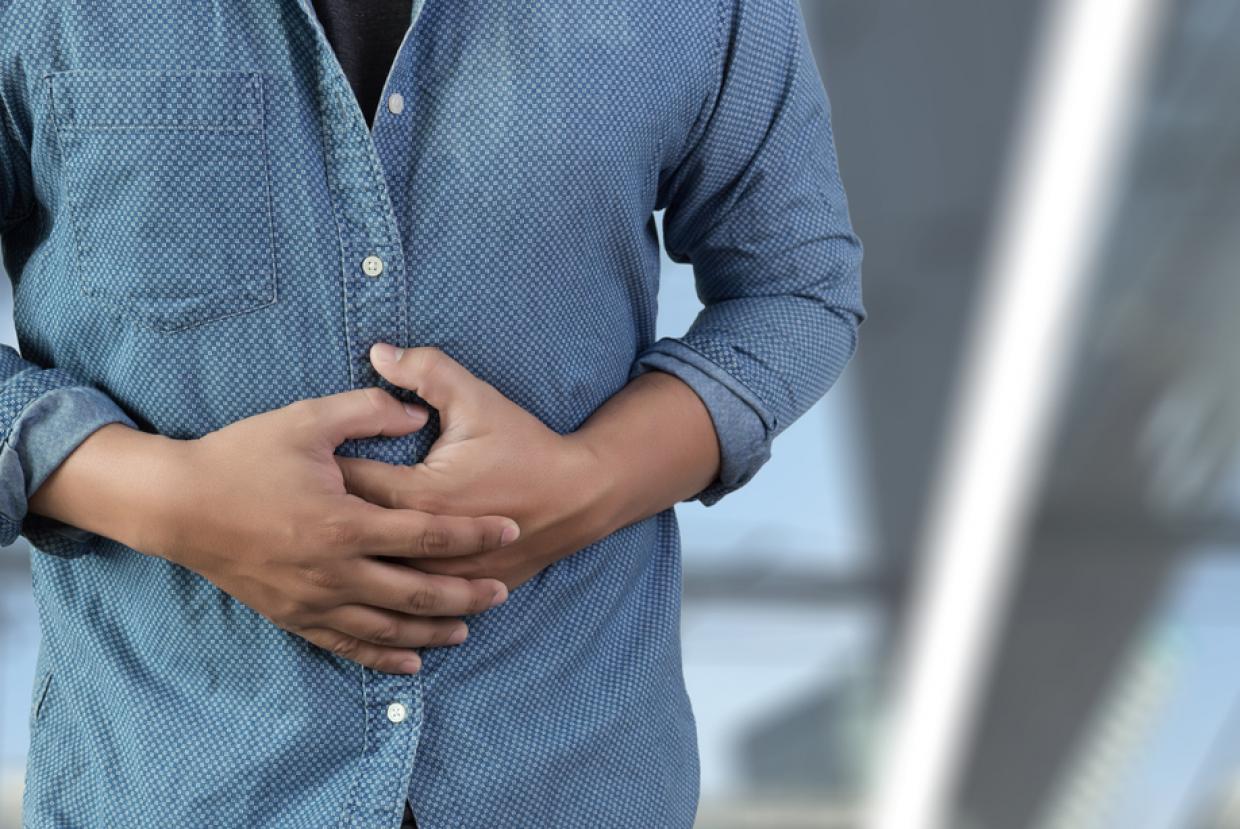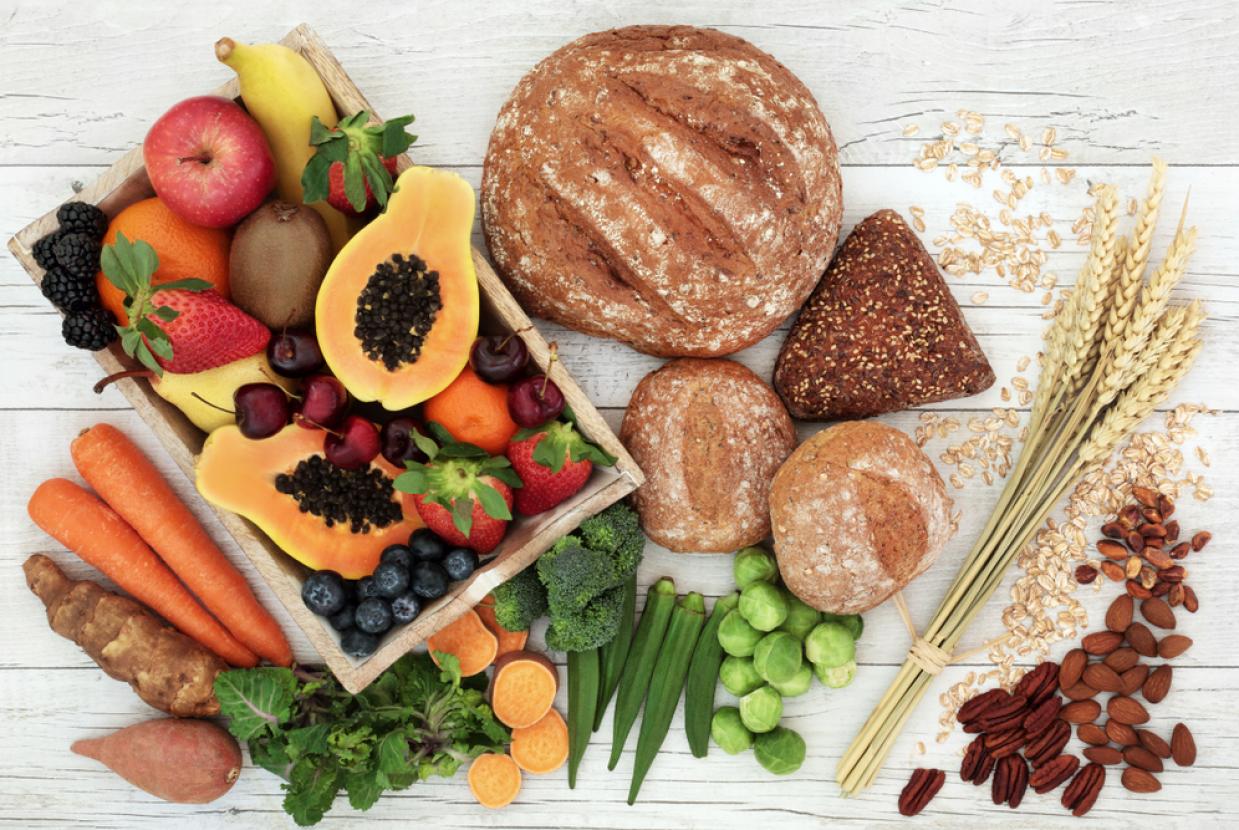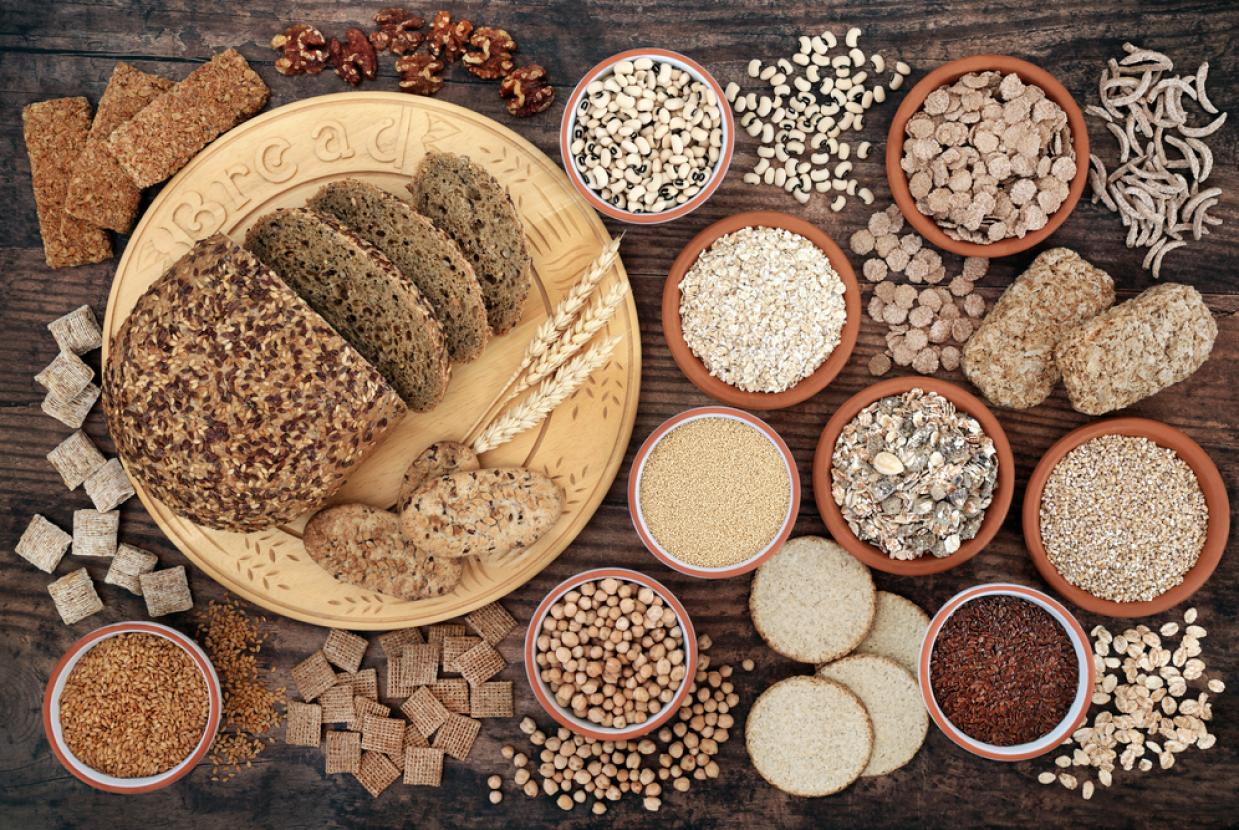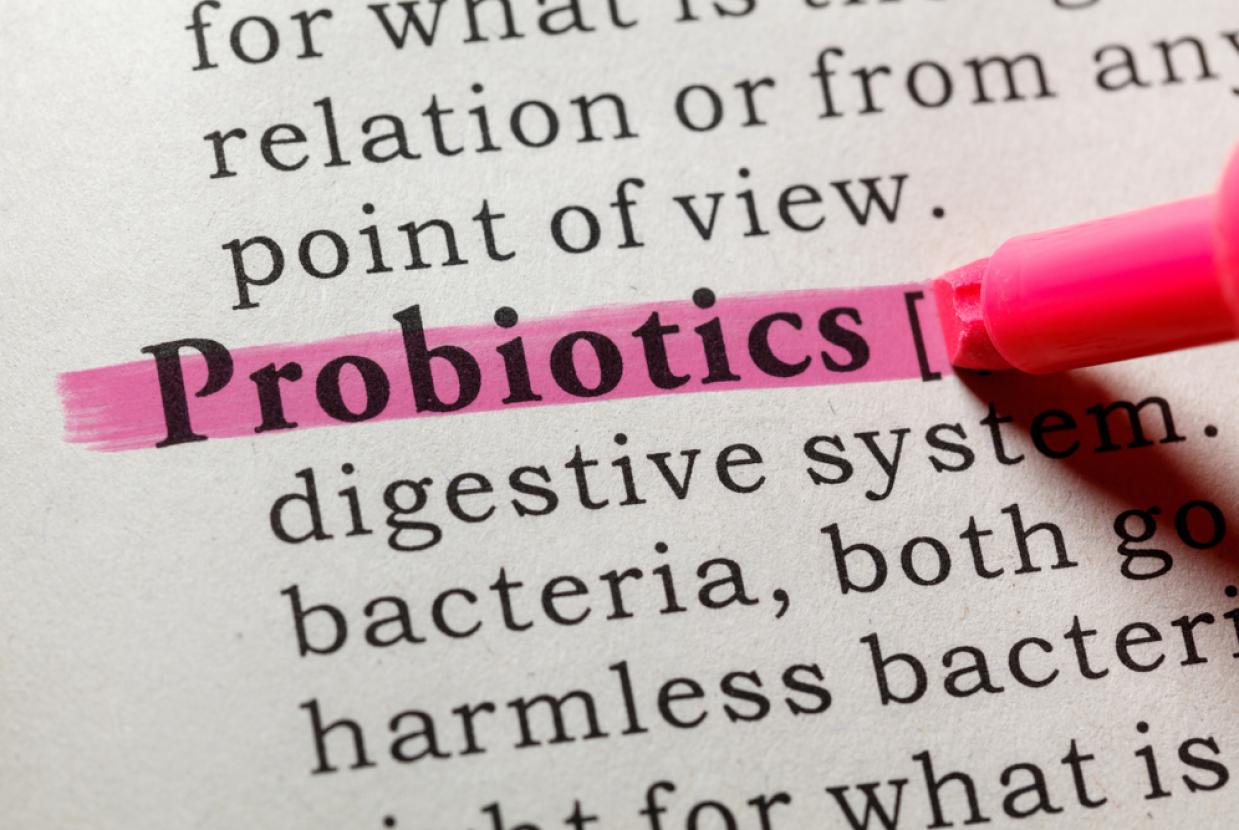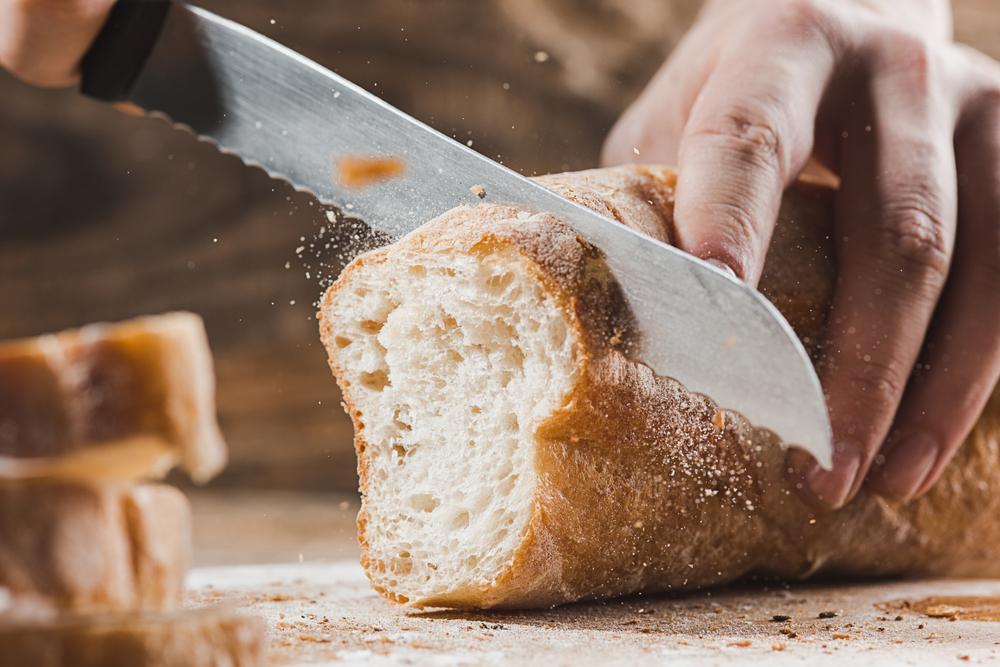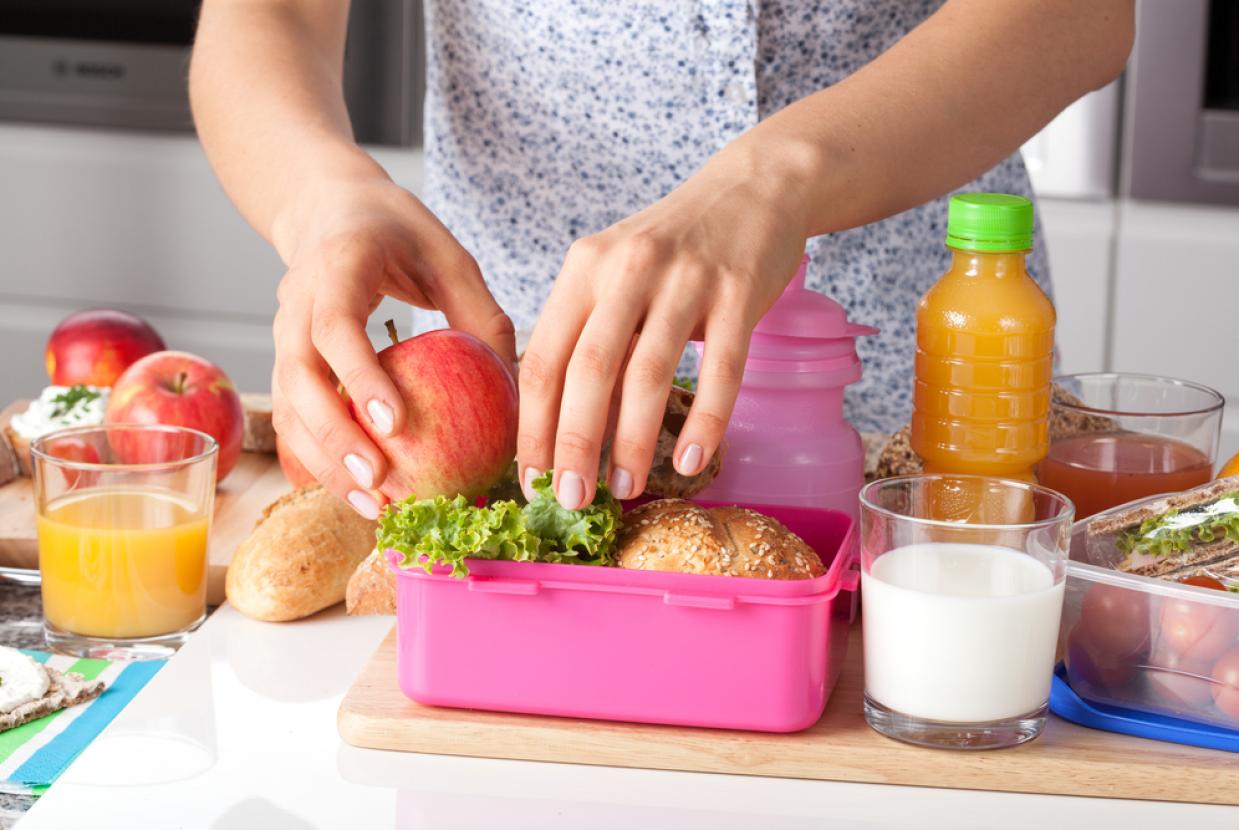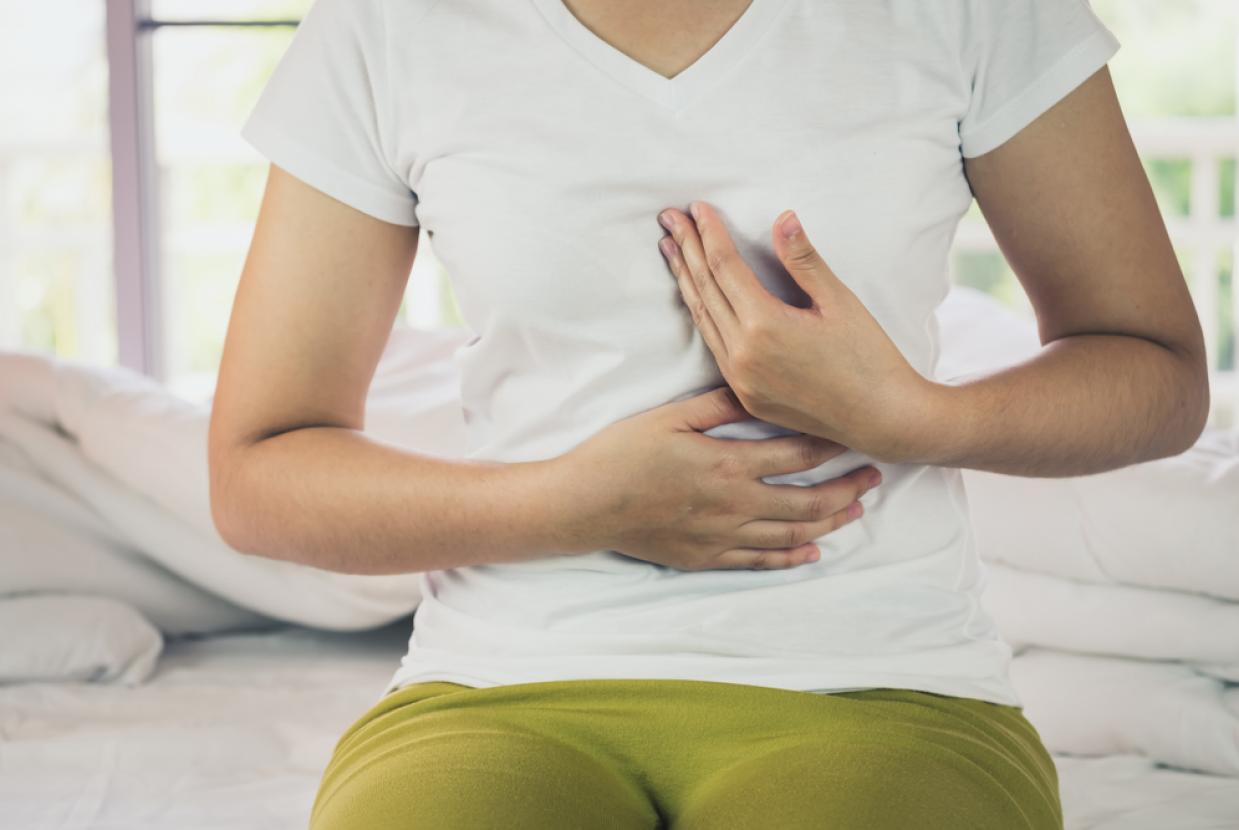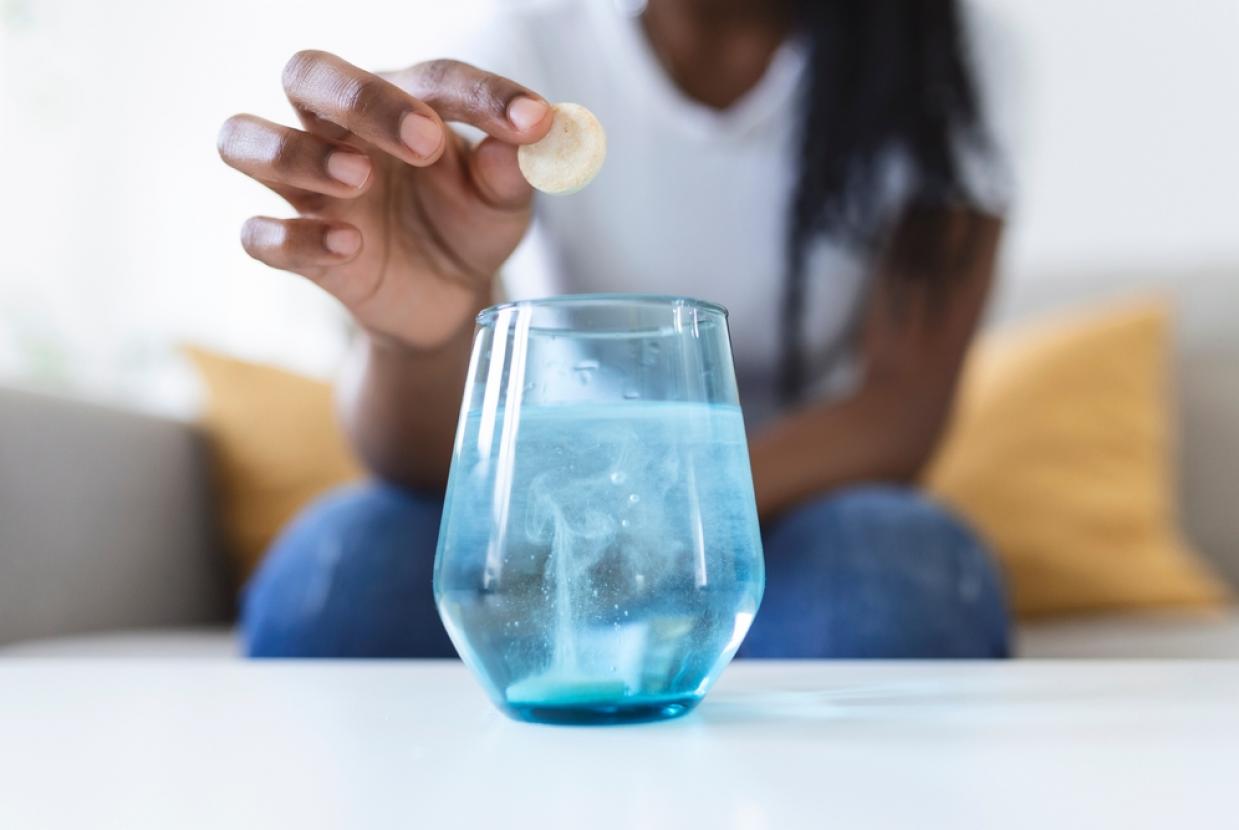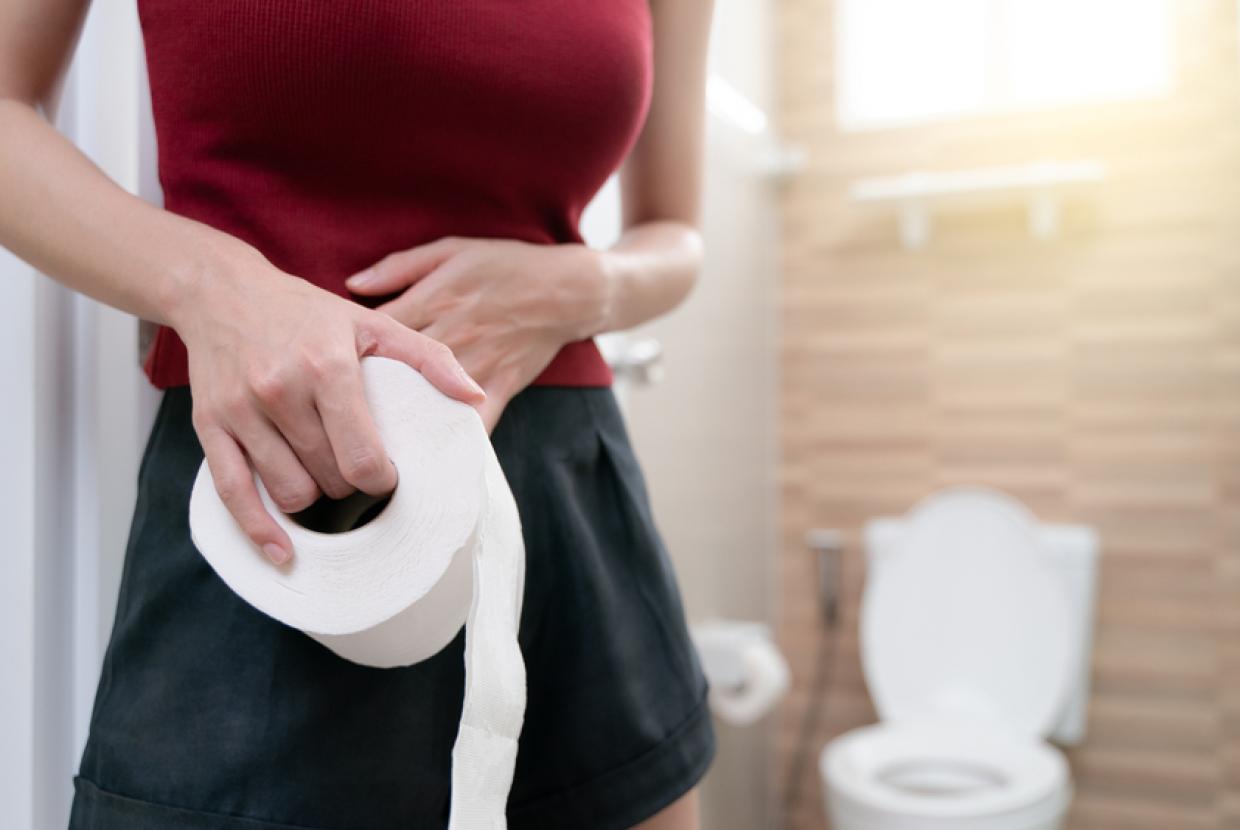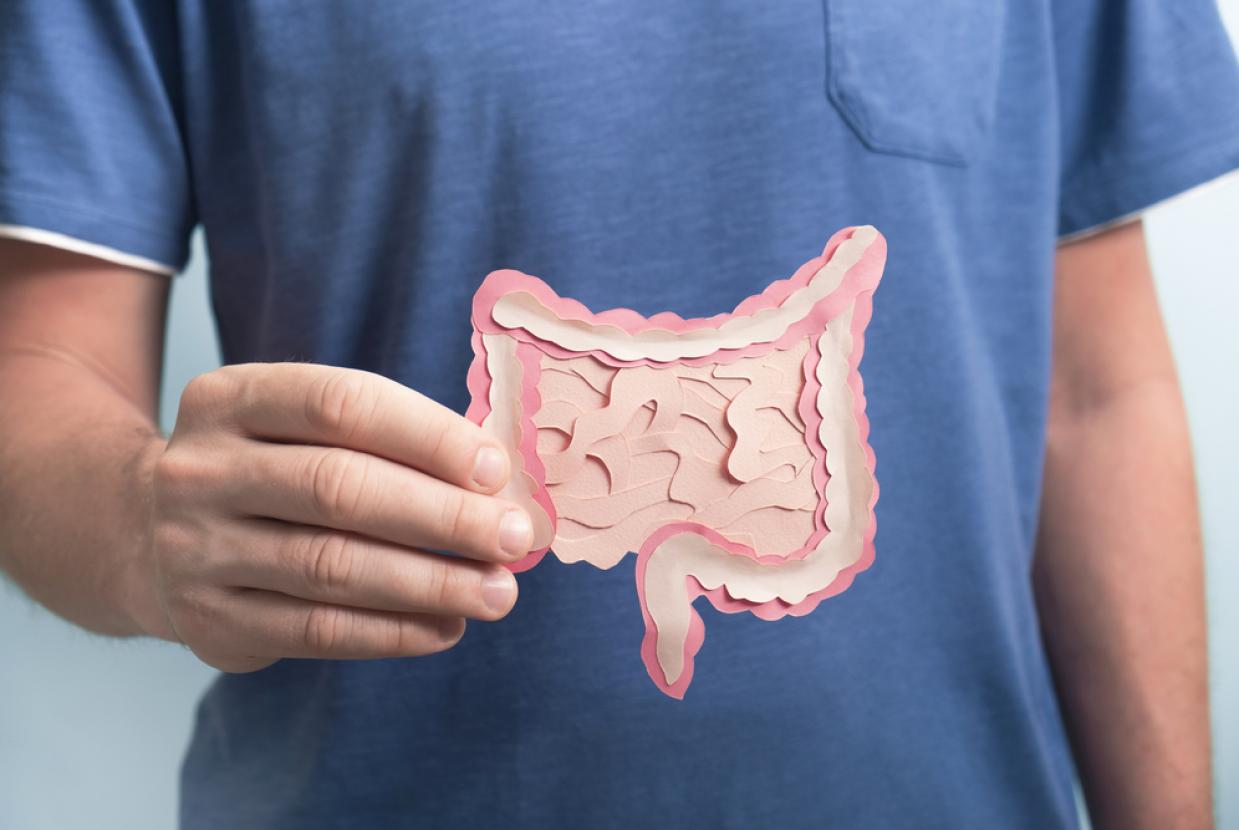Living with IBS
Digestive HealthIrritable bowel syndrome (IBS) is a common condition that affects the digestive system. It causes symptoms like stomach cramps, bloating, diarrhoea and constipation. These tend to come and go over time, and can last for days, weeks or months at a time.
It's usually a lifelong problem. It can be very frustrating to live with and can have a big impact on your everyday life. There's no cure, but diet changes and medicines can often help control the symptoms.
The exact cause is unknown – it's been linked to things like food passing through your gut too quickly or too slowly, oversensitive nerves in your gut, stress and a family history of IBS.
Common irritable bowel syndrome (IBS) symptoms
The main symptoms of IBS are:
- stomach pain or cramps – usually worse after eating and better after doing a poo
- bloating – your tummy may feel uncomfortably full and swollen
- diarrhoea – you may have watery poo and sometimes need to poo suddenly
- constipation – you may strain when pooing and feel like you cannot empty your bowels fully
There may be days when your symptoms are better and days when they're worse (flare-ups). They may be triggered by food or drink. There's no single diet or medicine that works for everyone with IBS. But there are lots of things that can help if you have been diagnosed with it.
Tips to relieve irritable bowel syndrome (IBS) symptoms
Do
- cook homemade meals using fresh ingredients when you can
- keep a diary of what you eat and any symptoms you get – try to avoid things that trigger your IBS
- try to find ways to relax
- get plenty of exercise
- try probiotics for a month to see if they help
Don’t
- do not delay or skip meals
- do not eat too quickly
- do not eat lots of fatty, spicy or processed foods
- do not eat more than 3 portions of fresh fruit a day (a portion is 80g)
- do not drink more than 3 cups of tea or coffee a day
- do not drink lots of alcohol or fizzy drinks
How to ease bloating, cramps and farting
- eat oats (such as porridge) regularly
- eat up to 1 tablespoon of linseeds (whole or ground) a day
- avoid foods that are hard to digest (like cabbage, broccoli, cauliflower, brussel sprouts, beans, onions and dried fruit)
- avoid products containing a sweetener called sorbitol
- ask a pharmacist about medicines that can help, like Buscopan or peppermint oil
How to reduce diarrhoea
- cut down on high-fibre foods like wholegrain foods (such as brown bread and brown rice), nuts and seeds
- avoid products containing a sweetener called sorbitol
- ask a pharmacist about medicines that can help, like Imodium (loperamide)
How to relieve constipation
- drink plenty of water to help make your poo softer
- increase how much soluble fibre you eat – good foods include oats, pulses, carrots, peeled potatoes and linseeds (whole or ground)
- ask a pharmacist about medicines that can help (laxatives), like Fybogel or Normacol
See a GP if
- diet changes and pharmacy medicines are not helping
- you need to avoid lots of different foods to control your symptoms
They may refer you to a dietitian or specialist for advice, and can also suggest other treatments to try.








